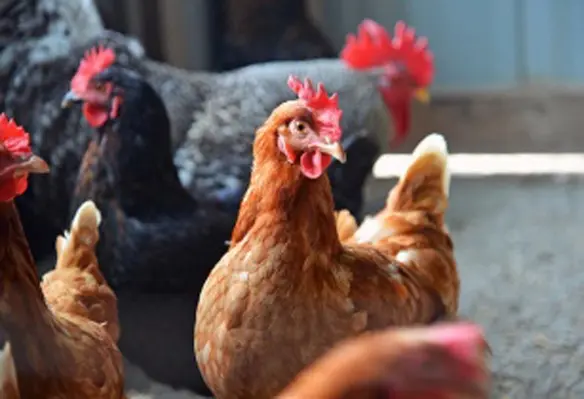Poultry producer groups have joined forces with the Northern Agriculture and Forestry College (NAFC) and relevant local authorities from Lao PDR to study the community poultry flock health management approach and associated disease risk reduction at the Puparn Royal Development Study Centre in North-east Thailand
The study centre provides comprehensive technical and academic training as models for farmers to implement in their own communities.
Under a regional project on “Evidence-based risk management along the livestock production and market chain,” the UN Food and Agriculture Organisation (FAO) is supporting training of major stakeholders who implement the project in three villages in Luangprabang province identified as having a high-risk of avian influenza introduction.
“In order to effectively improve the poultry health and management for farmers, we have to look into the market chain as a whole,” said Dr Wantanee Kalpravidh, regional manager of the FAO Emergency Centre for Transboundary Animal Diseases (ECTAD) in Asia.
To improve poultry health and management it is important to understand its structure in terms of environmental, economic and social aspects. One good example is the community approach which was introduced by the Sakon Nakhon Pracharath Rak Samakkee enterprise.
The approach focused on how farmers can develop a sustainable business strategy by owning a diverse group of crops and animals which are sustainable in their environment, and products supplied according to market demand. The Sakon Nakhon Pracharath Rak Samakkee is a provincial community enterprise established to facilitate farmers in doing business to achieve a better quality of life.
NAFC has signed a Letter of Agreement to establish a Poultry Health Centre (PHC) on their campus in Luangprabang. This will serve as a study centre for the stakeholders to develop strategies for flock health management, as well as practical hands-on training. FAO is working together with the stakeholders to establish the PHC and form a Farmers Group where poultry flock health is actively managed and disease risk reduced.




